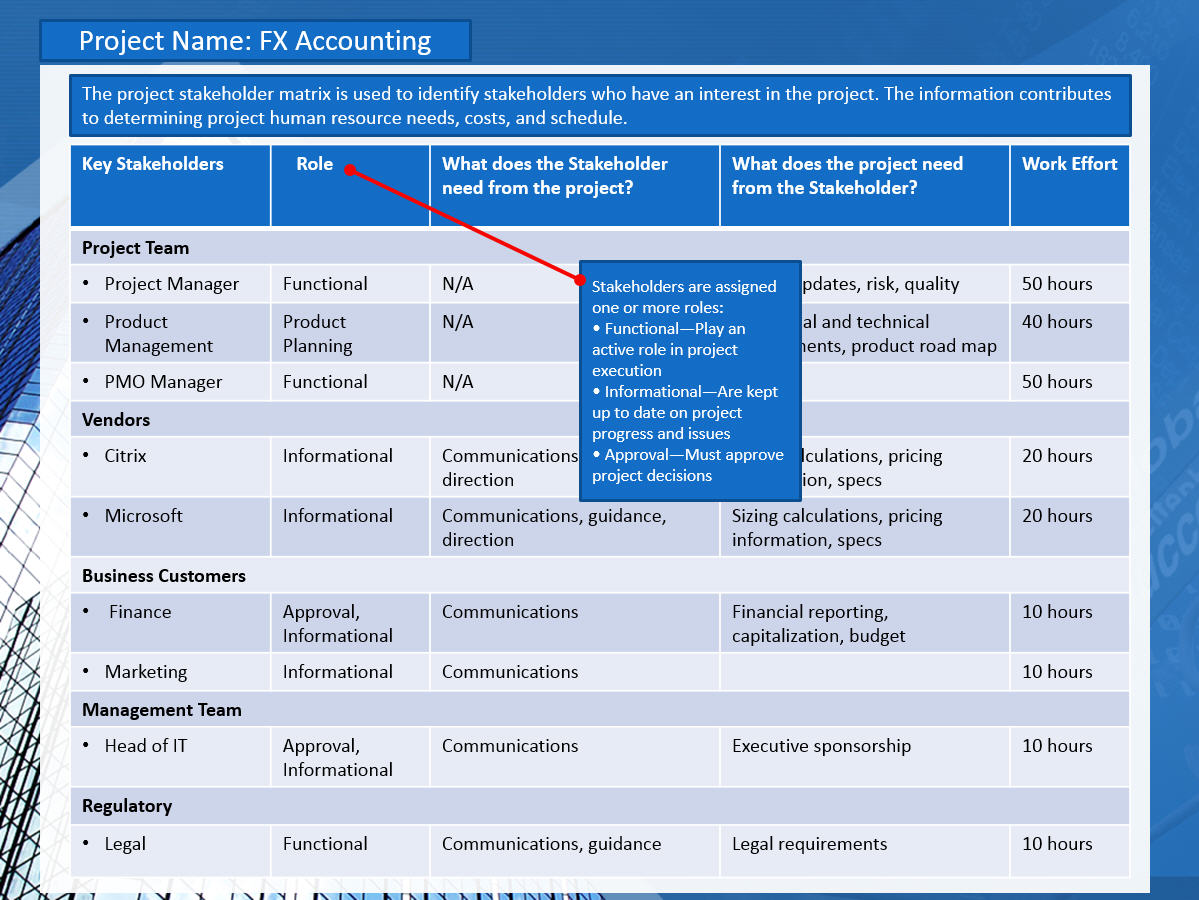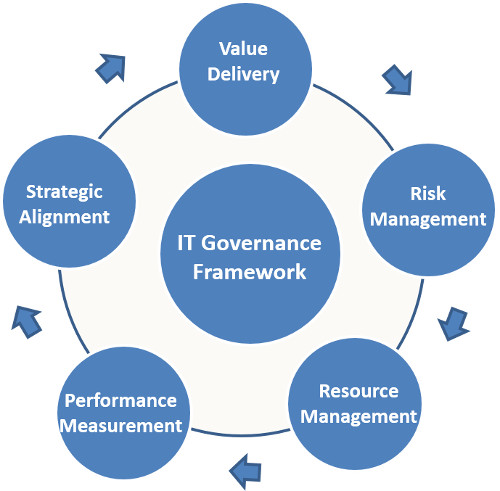Learn about Project Management in the Cloud

The ability for project teams to collaborate—across functions, time zones, and organizational boundaries—is a key critical success factor.
Traditional project management software applications are installed on premise, and SoftPMO cloud software gets managed remotely, has a single “code-base” customized to the unique needs of each company. SoftPMO manages the software, not the customer, and the maintenance, operations, and network service get handled by SoftPMO. Finally, our cloud offer gets accessed through a standard web browser, providing agility, and scalability to the customer.
Continue Reading »-
July 27, 2013
by Michael A. Kaplan, PMP
Requirements for Project Management—Team Collaboration in the Cloud

No matter how project decisions get made, leaders in Collaboration say that success and ongoing progress requires engaged executive leadership.
Cloud-based collaborative project management requires more open stakeholders that share often. Knowledge workers, stakeholders and other team members—do not readily share their work and may consider such efforts threatening and a risk to their existence in the organization. Getting beyond such concerns requires building a reward system that encourages project collaboration. It’s important to set achievable goals, with milestone and to measure performance using metrics.
Continue Reading »-
July 27, 2013
by Michael A. Kaplan, PMP
Use the Stakeholder Matrix to Identify People that are likely to Affect the Project

Stakeholder management is critical to the success of every project in every organization.
A key element to the project communication process is the development of a project stakeholder matrix which identifies all people or teams inside and outside the company who have a contribution in the outcome of a project. The project stakeholder matrix outlines the roles of the stakeholders and the time needed for their participation.
Continue Reading »-
June 30, 2013
by Michael A. Kaplan, PMP
9 Easy to follow steps to create a top-notch Communications plan

The Communications plan describes who needs what information, when they will need it, where to deliver it, how to deliver it, who is responsible for delivering it, and the need for it.
Create the Communications plan at the beginning of the project and fully expand its use as the project ramps-up. Update the plan throughout the life of the project.
Continue Reading »-
June 30, 2013
by Michael A. Kaplan, PMP
6 Key Components of Successful Project Communications

Project communications involves planning and delivering information to all project stakeholders.
The underlying need and core capability required for a well lubricated and functioning project team is effective and efficient communications among team members, and all project stakeholders.
Continue Reading »-
June 29, 2013
by Michael A. Kaplan, PMP
Create the Valuable Project Portfolio

Project prioritization remains one of the PMO’s key opportunities to generate business value.
The PMO remains under real pressure to generate business value within the limits of modest budget growth. To manage with this challenge, PMOs need to ensure the business project portfolio reflects a balance of projects that maximizes benefits for the enterprise.
Continue Reading »-
May 15, 2013
by Michael A. Kaplan, PMP
Progress Management Technique

Learn about the progress management technique: review and track project progress
The project team should create a sense of awareness and ownership by frequently informing management as to the status of the project. The project team should communicate outside of the project to remove doubt and fear that the project is moving according to plan and that exceptions are addressed.
Continue Reading »-
May 6, 2013
by Michael A. Kaplan, PMP
Development Plan for Internal IT Controls

Monitor the internal control for IT related activities and identify improvement actions.
Implementing an internal control program for IT that has defined monitoring process, which includes the monitoring and reporting of exceptions, assessments and reviews. Monitoring provides assurance and compliance with laws and regulations.
Continue Reading »-
May 4, 2013
by Michael A. Kaplan, PMP
Achieve IT Governance by Adopting Good Practices

Board members and executive managers in business and IT regularly consider IT strategy, IT architecture, IT delivery and IT value. They want to know if they are doing the right stuff, doing stuff the right way, getting the stuff done well, and getting benefit from the stuff.
Continue Reading »
-
May 4, 2013
by Michael A. Kaplan, PMP










